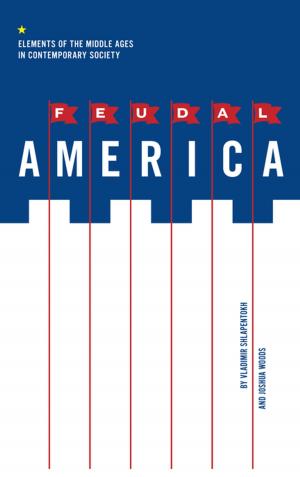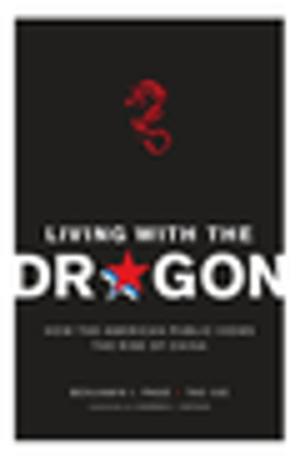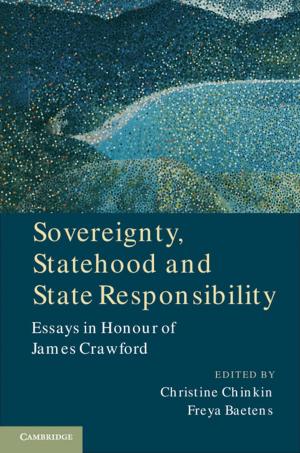Abraham Lincoln: The Formative Years 1809-1841
Nonfiction, History, Modern, 19th Century, Biography & Memoir, Political| Author: | Mary Beth Smith | ISBN: | 9781311554628 |
| Publisher: | Mary Beth Smith | Publication: | August 13, 2015 |
| Imprint: | Smashwords Edition | Language: | English |
| Author: | Mary Beth Smith |
| ISBN: | 9781311554628 |
| Publisher: | Mary Beth Smith |
| Publication: | August 13, 2015 |
| Imprint: | Smashwords Edition |
| Language: | English |
About Abraham Lincoln: The Formative Years, 1809-1841
Lincoln was one of those rare children who are able to hang onto their true identity in spite of abuse by their parents. Even a controlling, but not physically abusive parent, slows down their children's maturation. Those children lose their identity and sense of self worth for a time. Later, if they are lucky, they will be able to remove themselves from their parents' influence and strike out on their own.
Abraham Lincoln held onto his uniqueness, as best he could, as a child. In spite of his father's bullying, and some say bullying by his birth mother, he worked on his talents--for reading, writing, story telling, lecturing, and teaching, all while still a child.
The Formative Years describes his childhood and his successful attempts to be himself. His years as a young adult in New Salem were very happy because he was freer than ever before to read, study, entertain and get to know the people of the county.
His clinical depression is described for the lucky majority of people who have never experienced it. It includes a fine piece of writing by Hugh Gregory Gallagher who says the pain of acute polio is nothing compared to the pain of clinical depression. (The pain of acute polio is one of the worst kinds of pain there is.)
The book shows how the study of law under John T. Stuart and Stephen T. Logan helped hone his speaking and logic skills. The Formative Years ends with his meeting Mary Todd.
Observations by friends and neighbors, corrected for grammar and spelling mistakes, are frequent to give the reader a picture of how Lincoln looked and acted during these years.
The next book in this series will cover the years 1840 to 1860. It will include information on the Lincoln marriage, Lincoln's lawsuits, his time in Congress, his retirement from politics and his reentry into politics.
About Abraham Lincoln: The Formative Years, 1809-1841
Lincoln was one of those rare children who are able to hang onto their true identity in spite of abuse by their parents. Even a controlling, but not physically abusive parent, slows down their children's maturation. Those children lose their identity and sense of self worth for a time. Later, if they are lucky, they will be able to remove themselves from their parents' influence and strike out on their own.
Abraham Lincoln held onto his uniqueness, as best he could, as a child. In spite of his father's bullying, and some say bullying by his birth mother, he worked on his talents--for reading, writing, story telling, lecturing, and teaching, all while still a child.
The Formative Years describes his childhood and his successful attempts to be himself. His years as a young adult in New Salem were very happy because he was freer than ever before to read, study, entertain and get to know the people of the county.
His clinical depression is described for the lucky majority of people who have never experienced it. It includes a fine piece of writing by Hugh Gregory Gallagher who says the pain of acute polio is nothing compared to the pain of clinical depression. (The pain of acute polio is one of the worst kinds of pain there is.)
The book shows how the study of law under John T. Stuart and Stephen T. Logan helped hone his speaking and logic skills. The Formative Years ends with his meeting Mary Todd.
Observations by friends and neighbors, corrected for grammar and spelling mistakes, are frequent to give the reader a picture of how Lincoln looked and acted during these years.
The next book in this series will cover the years 1840 to 1860. It will include information on the Lincoln marriage, Lincoln's lawsuits, his time in Congress, his retirement from politics and his reentry into politics.















